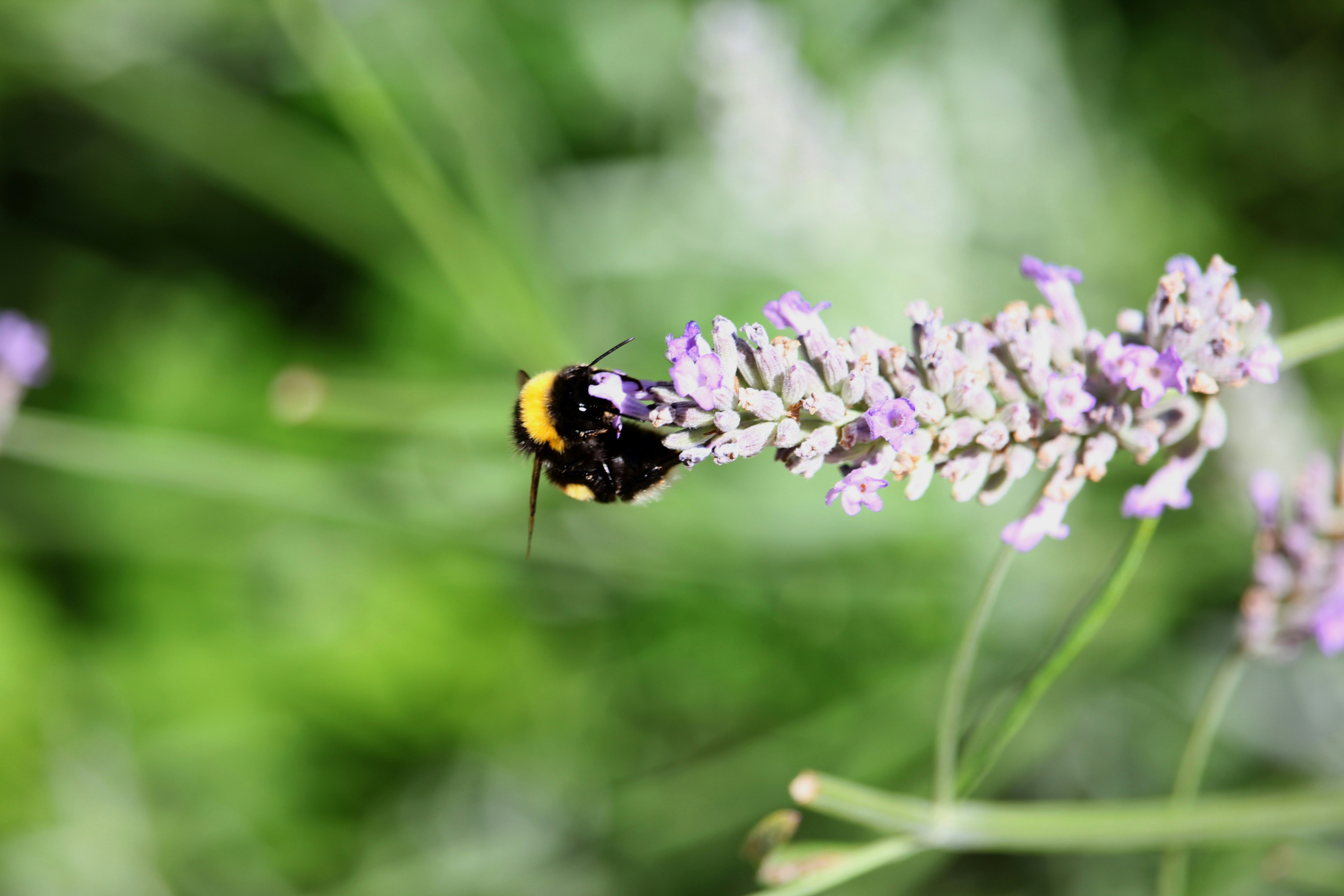News release
From:
The heat is on: reduced detection of floral scents after heat waves in bumblebees
Heat waves have become more frequent in recent times. They can create major ecological issues by disrupting ecological processes and species interactions such as pollination. Bumblebees are key pollinators in natural and managed ecosystems; they are also cold-adapted and therefore susceptible to sudden temperature rises. We use experimental heat waves to determine how high temperatures affect the bumblebees’ ability to detect floral scents. Our results show that bumblebees can indeed lose their ‘sense of smell’ after heat waves, and this is more pronounced in female worker bees than in males.
Hot buzz – Heatwaves may hamper bumblebees’ sense of smell. After being exposed to temperatures of up to 40°C, to experimentally mimic heatwaves, bees (Bombus terrestris and Bombus pascuorum) showed reduced antennal responses to floral scents. This was more pronounced in worker bees than sexually-reproducing males. The authors warn that global warming may jeopardise bumblebees’ foraging abilities and lead to declines in colonies and populations.



 International
International



